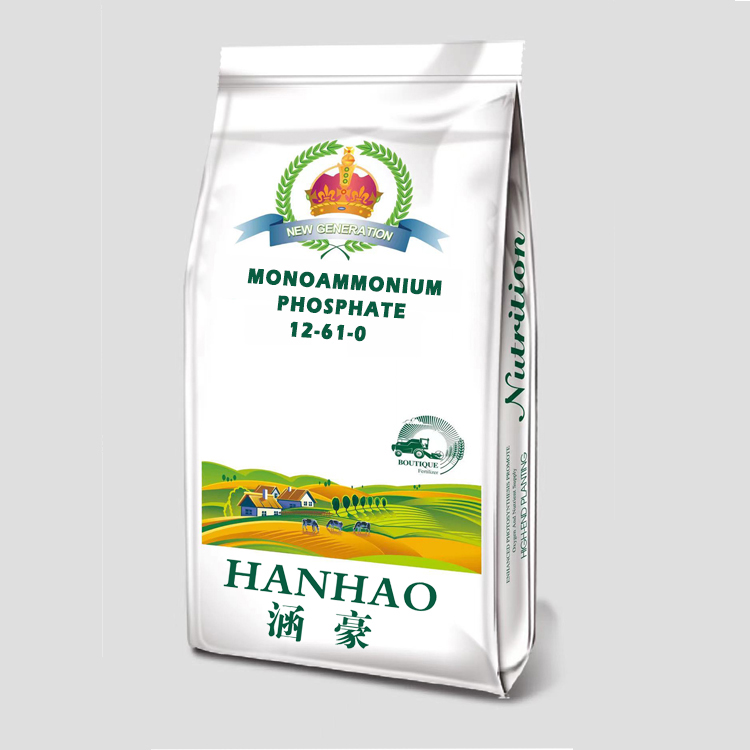
Дек . 28, 2024 18:57 Back to list
humic acid powder factories
Humic Acid Powder Factories An Overview of Production and Benefits
Humic acid is a natural organic compound derived from the decomposition of plant and animal matter in soil. This dark, water-soluble substance is rich in nutrients and has garnered significant attention in agriculture and environmental science due to its wide range of applications. Humic acid powder, produced in specialized factories, serves as a crucial component in enhancing soil health, promoting plant growth, and improving the efficiency of fertilizers.
Manufacturing Process of Humic Acid Powder
The production of humic acid powder typically begins with the extraction of organic material from sources such as leonardite, lignite, or composted organic matter. These raw materials are processed through a series of chemical and mechanical operations to isolate humic substances. The initial extraction usually involves treating the organic material with alkaline solutions or acids, which help in the solubilization of humic components.
After extraction, the solution undergoes filtration and purification to eliminate impurities. The resulting humic extract is then concentrated and spray-dried or freeze-dried to yield a fine powder. The quality of the humic acid powder is crucial, as it determines the effectiveness and benefits it can offer in various applications.
Key Benefits of Humic Acid Powder
1. Soil Health Improvement One of the primary benefits of humic acid powder is its ability to improve soil structure and fertility. It enhances the soil's water retention capacity, promotes aeration, and increases microbial activity. By enriching the soil with organic matter, humic acid contributes to a more robust ecosystem, enabling better nutrient availability to plants.
2. Enhanced Nutrient Absorption Humic acid acts as a chelating agent, binding to essential minerals and nutrients in the soil. This action facilitates the absorption of these nutrients by plant roots, leading to healthier and more vigorous plant growth. The use of humic acid powder can significantly reduce the need for chemical fertilizers, promoting sustainable agricultural practices.
humic acid powder factories

3. Stimulating Plant Growth Numerous studies have shown that plants treated with humic acid exhibit improved growth rates, enhanced root development, and increased overall biomass. The compounds in humic acid are believed to stimulate various physiological processes in plants, aiding in photosynthesis and nutrient metabolism.
4. Environmental Benefits Besides benefiting agriculture, humic acid powder also plays a role in environmental remediation. It can bind to heavy metals and toxins in contaminated soil and water, reducing their bioavailability and toxicity. This property makes humic acid an effective agent in soil restoration and pollution control efforts.
Market Demand and Applications
The demand for humic acid powder has been steadily increasing, driven by the growing awareness of sustainable agriculture and organic farming practices. Various sectors, including horticulture, landscaping, and turf management, utilize humic acid for its beneficial properties. The expansion of the organic food market further amplifies the need for humic acid, as farmers seek natural ways to improve crop yields without resorting to synthetic chemicals.
Additionally, humic acid is gaining popularity in the field of biostimulants and is being incorporated into products aimed at enhancing plant resilience against stress conditions such as drought and salinity.
Conclusion
Humic acid powder factories play a pivotal role in producing this valuable natural resource. The processes involved in manufacturing humic acid powder not only focus on quality but also on sustainability and environmental impact. As the agricultural sector continues to evolve towards more eco-friendly practices, the significance of humic acid powder will undoubtedly grow, contributing to healthier soils, robust crops, and a cleaner environment. Embracing the benefits of humic acid is a step toward sustainable agricultural practices that can support current and future generations.
-
10 10 10 Fertilizer Organic—Balanced NPK for All Plants
NewsJul.30,2025
-
Premium 10 10 10 Fertilizer Organic for Balanced Plant Growth
NewsJul.29,2025
-
Premium 10 10 10 Fertilizer Organic for Balanced Plant Growth
NewsJul.29,2025
-
Premium 10 10 10 Fertilizer Organic for Balanced Plant Growth
NewsJul.29,2025
-
50 Pound Bags of 13-13-13 Fertilizer for All Plants – Bulk & Organic Options
NewsJul.28,2025
-
High-Efficiency 15-30-15 Granular Fertilizer for Healthy Crops
NewsJul.28,2025
